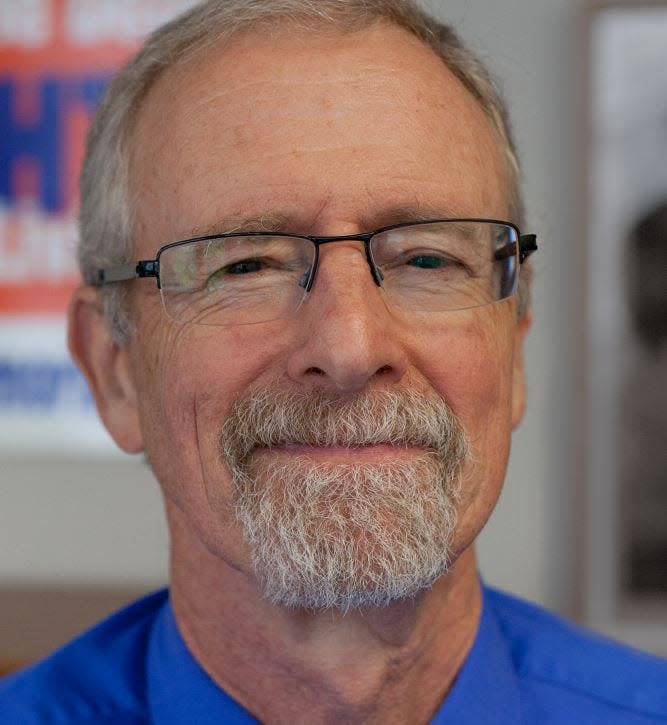Guest column: Fighting for rights of Uber, Lyft drivers in Mass.

In the United States, your rights at work have long depended on one central question: Are you an employee? If the answer is yes, you get a basket of rights and protections, provided by federal and state laws. If you’re working in Massachusetts, your basket is filled with the best in the country. If you’re misclassified as an independent contractor, the basket is empty.
So, when employers misclassify their employees as independent contractors to avoid providing them the rights and protections the law requires, the consequences are big for the individual workers affected. Society as a whole suffers too, leaving taxpayers responsible for billions in unemployment insurance, workers’ compensation, health insurance and other employment liabilities these companies refuse to pay.
In early January, the U.S. Department of Labor issued a long-awaited regulation addressing how to determine whether a worker is properly classified as an employee or independent contractor under the federal law that sets basic labor standards for employees, like minimum wage and overtime.
The newly minted rule asks whether the worker is economically dependent on the employer for work and therefore an employee. We’re instructed to look at questions like: Are you (the worker) performing the services the company sells to the public? Does the company use technology to surveil, assign, price and set your compensation? Does the company mandate the age and type of car you drive and how you maintain it, and can it deny you work or terminate you from its platform?
These are Uber and Lyft drivers’ working conditions. It sure looks like they’re employees under this new federal regulation.
Moreover, these drivers, who are classified not as employees but as independent contractors by the companies, are economically vulnerable. As The Boston Globe reported in October, a recent study —based on interviews with Uber and Lyft drivers and an analysis of more than 1 million Uber and Lyft compensation records — found that almost 60% of drivers took home less than the state minimum wage of $15 an hour, since half their work time is uncompensated, and half their earnings are eaten up by expenses like gas and vehicle maintenance. Neither expenses are reimbursed by companies that deny these drivers employee status.
The new federal rule comes into effect just as Uber and Lyft seek major changes to significantly weaken Massachusetts employment and labor laws. For two decades, the commonwealth has applied its “ABC” test to determine whether a worker is an employee or an independent contractor; the test is simple and doesn’t exempt any company or industry from its provisions. The test presumes all workers are employees unless the employer proves otherwise. Under the ABC test, Uber and Lyft are certainly Massachusetts employers. In fact, Attorney General Andrea Campbell is preparing for trial against both companies in May to put this issue to rest conclusively.
Undaunted, Uber and Lyft have filed ballot initiatives for 2024 that would exempt them from the ABC test and provide a road map for other industries to deny their workers the basic rights and protections to which they are currently entitled.
This is not the first time.
Notoriously, these companies spent over $220 million in California to convince voters — many say deceptively — to pass Proposition 22, a ballot initiative currently tied up in court, that carves out app-based drivers from that state’s kindred ABC test. In 2022, these companies tried and failed to bring a Prop 22-style initiative to Massachusetts voters; our Supreme Judicial Court found the initiative unconstitutional and disqualified it from the ballot.
Now, for the second time, Massachusetts is in their crosshairs. They’re pressing legislators to pass laws that would permanently replace their drivers’ fundamental employment rights and protections with a few illusory benefits. If their legislative approach fails, they’ll file ballot initiatives to do the same in the November election. Neither the legislators nor the voters should take the bait.
Uber and Lyft drivers, and all workers in the commonwealth, deserve better. Massachusetts already provides among the best protections for workers in the country. Let's ensure the mandate of these protections is fulfilled, and not eroded — or obliterated — by dubious promises that come in a shiny, well-financed package.
Michael Felsen is senior adviser to Justice at Work in Boston and strategic enforcement advisor to the Workplace Justice Lab at Rutgers University. He was an attorney with the U.S. Department of Labor for 39 years.
This article originally appeared on Telegram & Gazette: Michael Felson on rights of Uber, Lyft drivers under fire in Mass.

